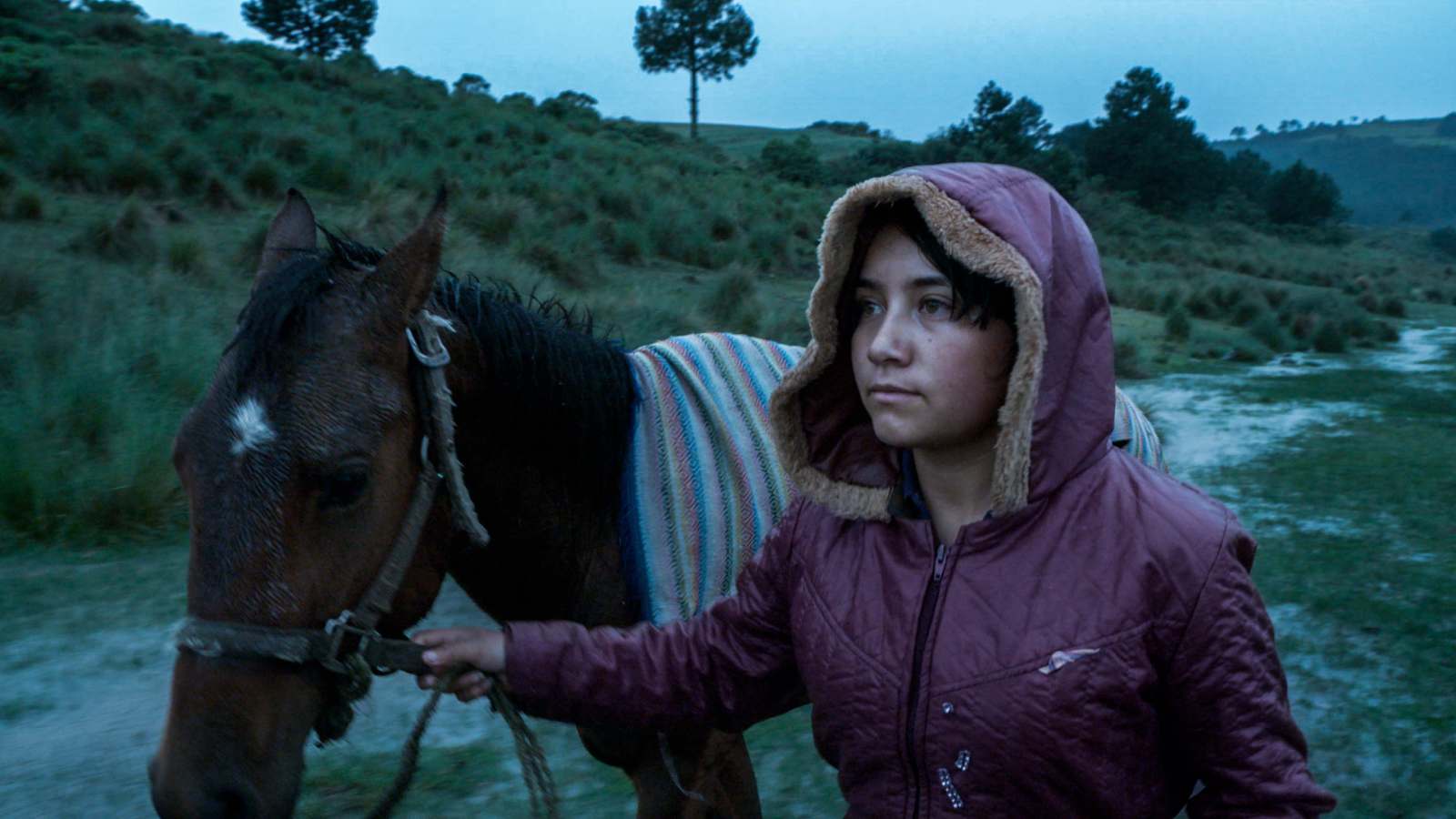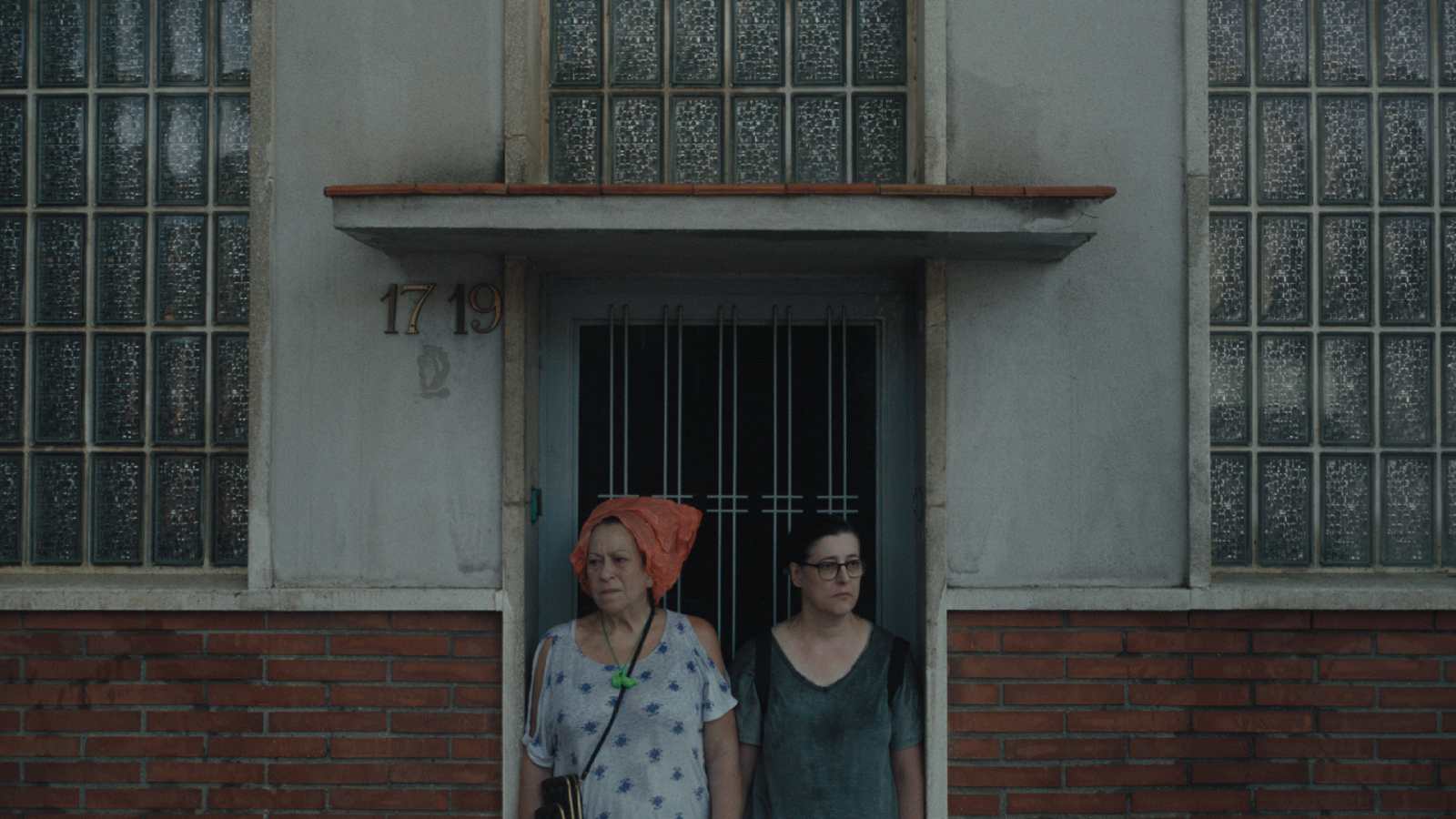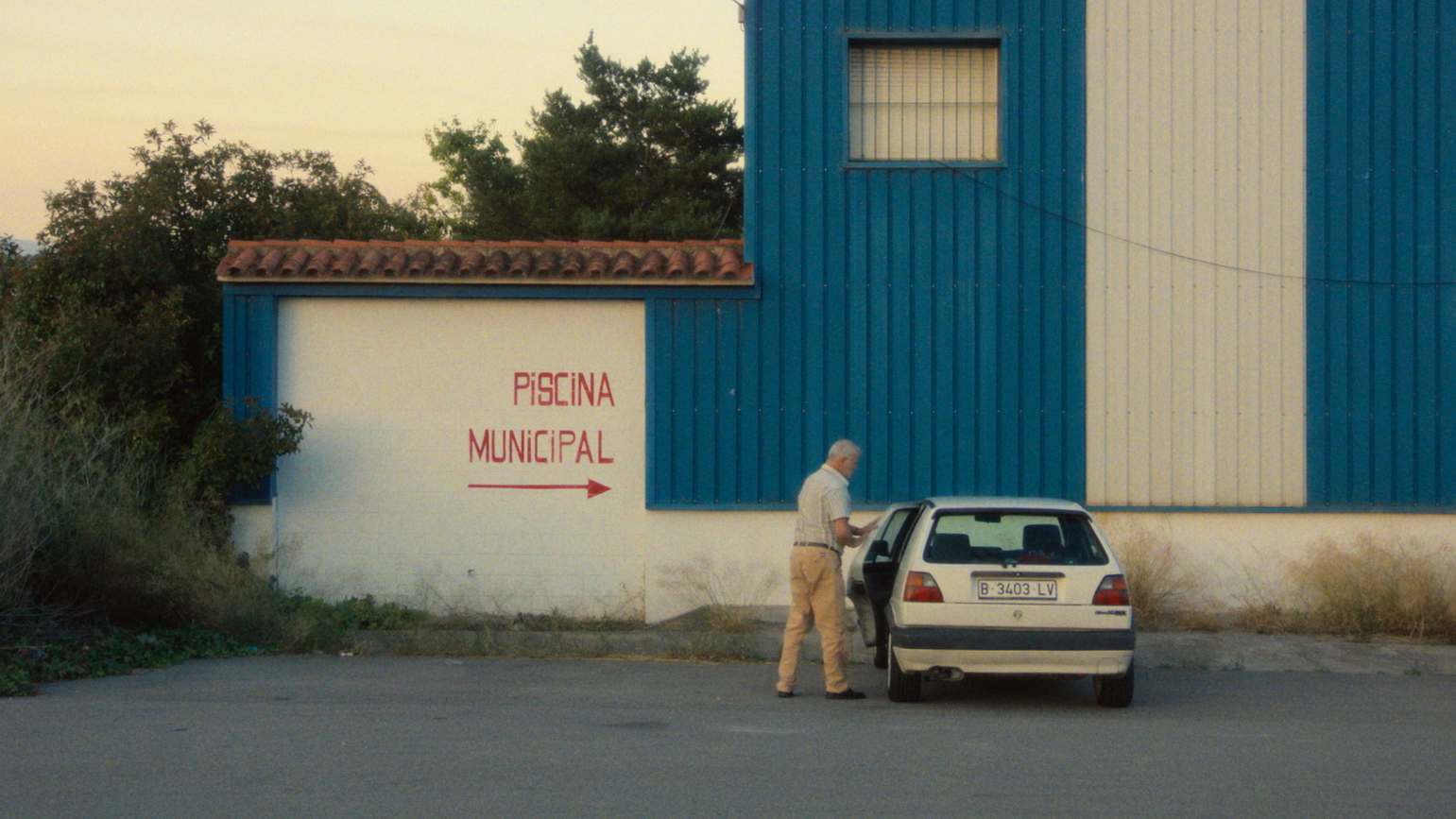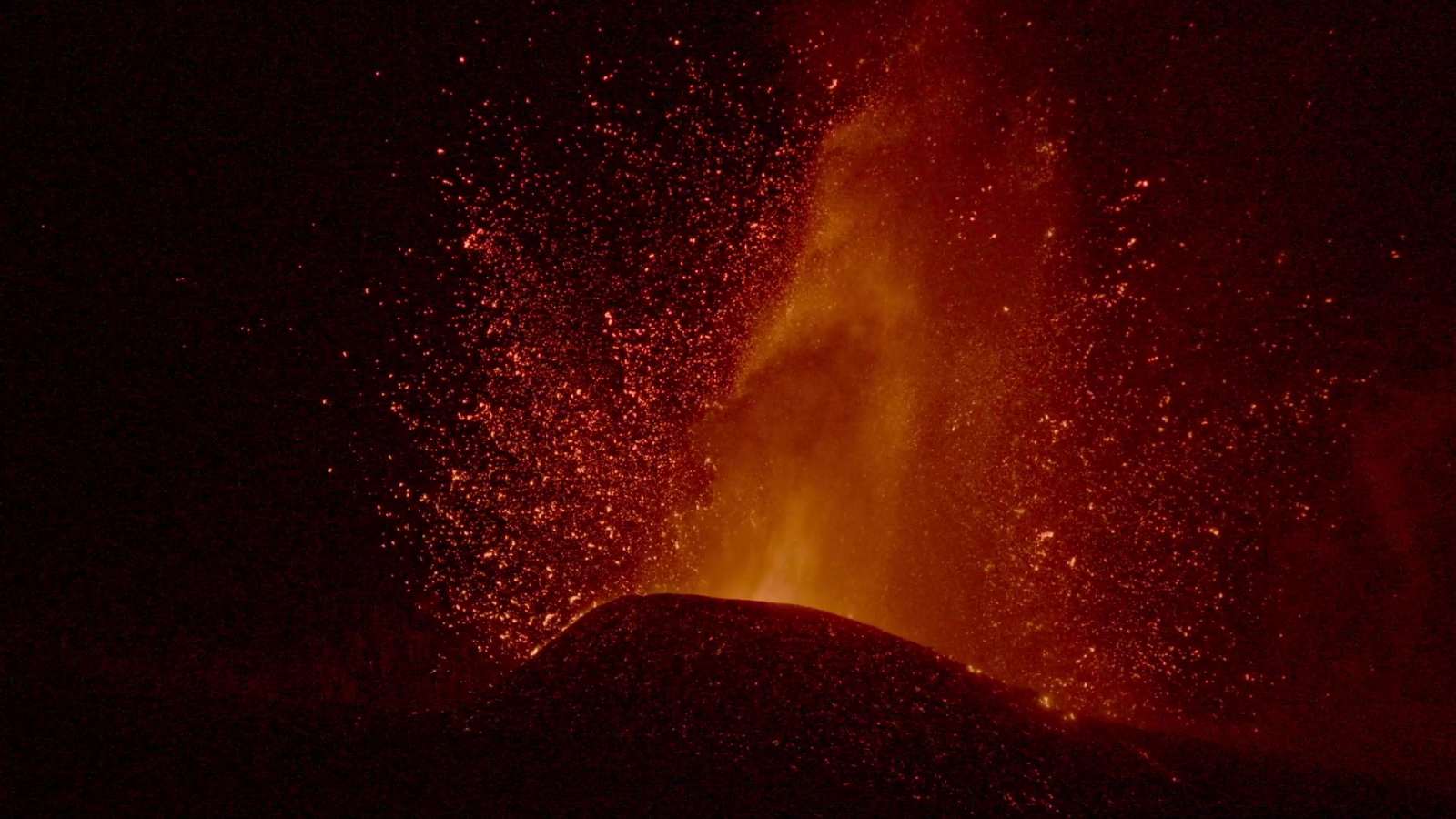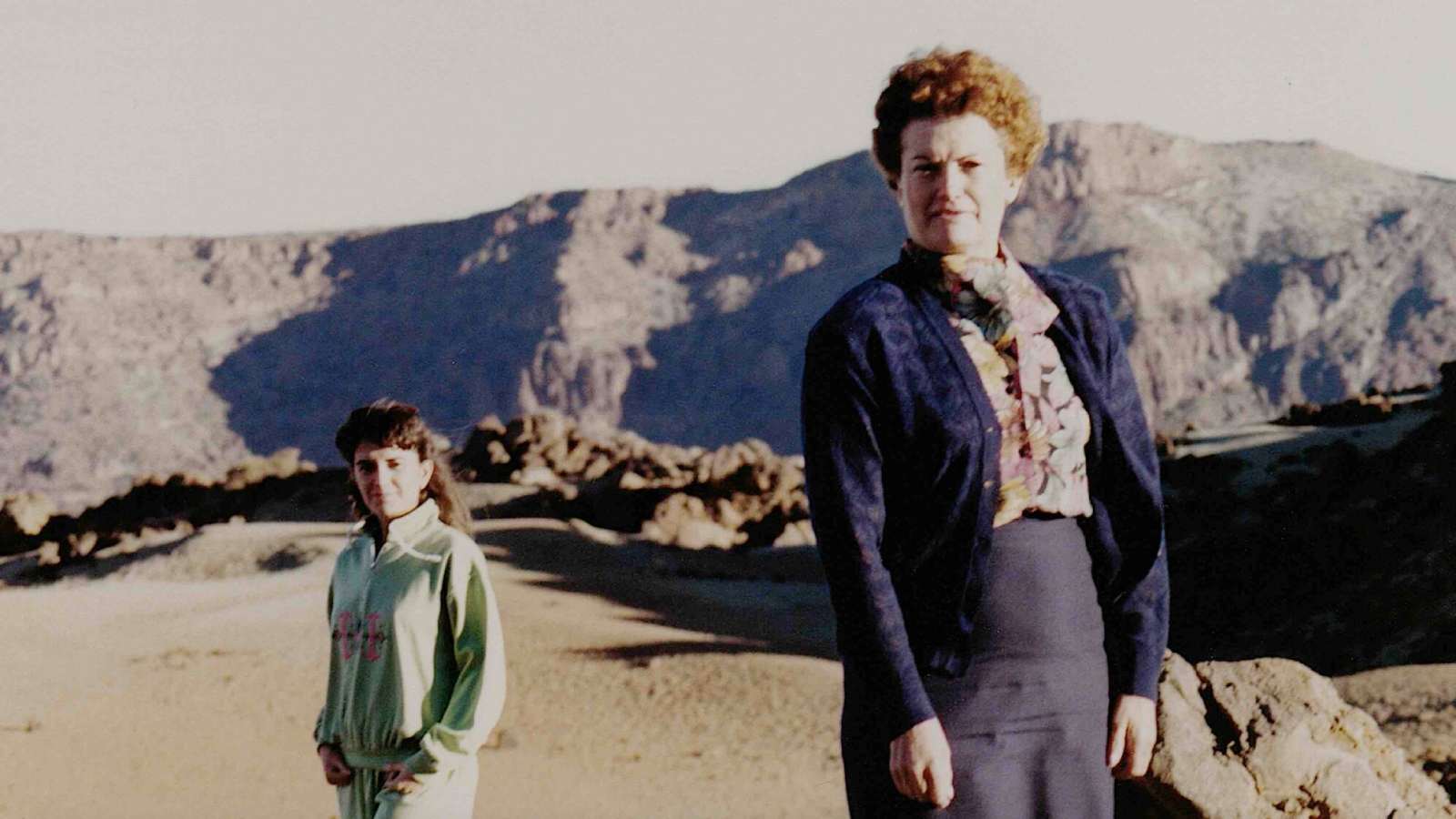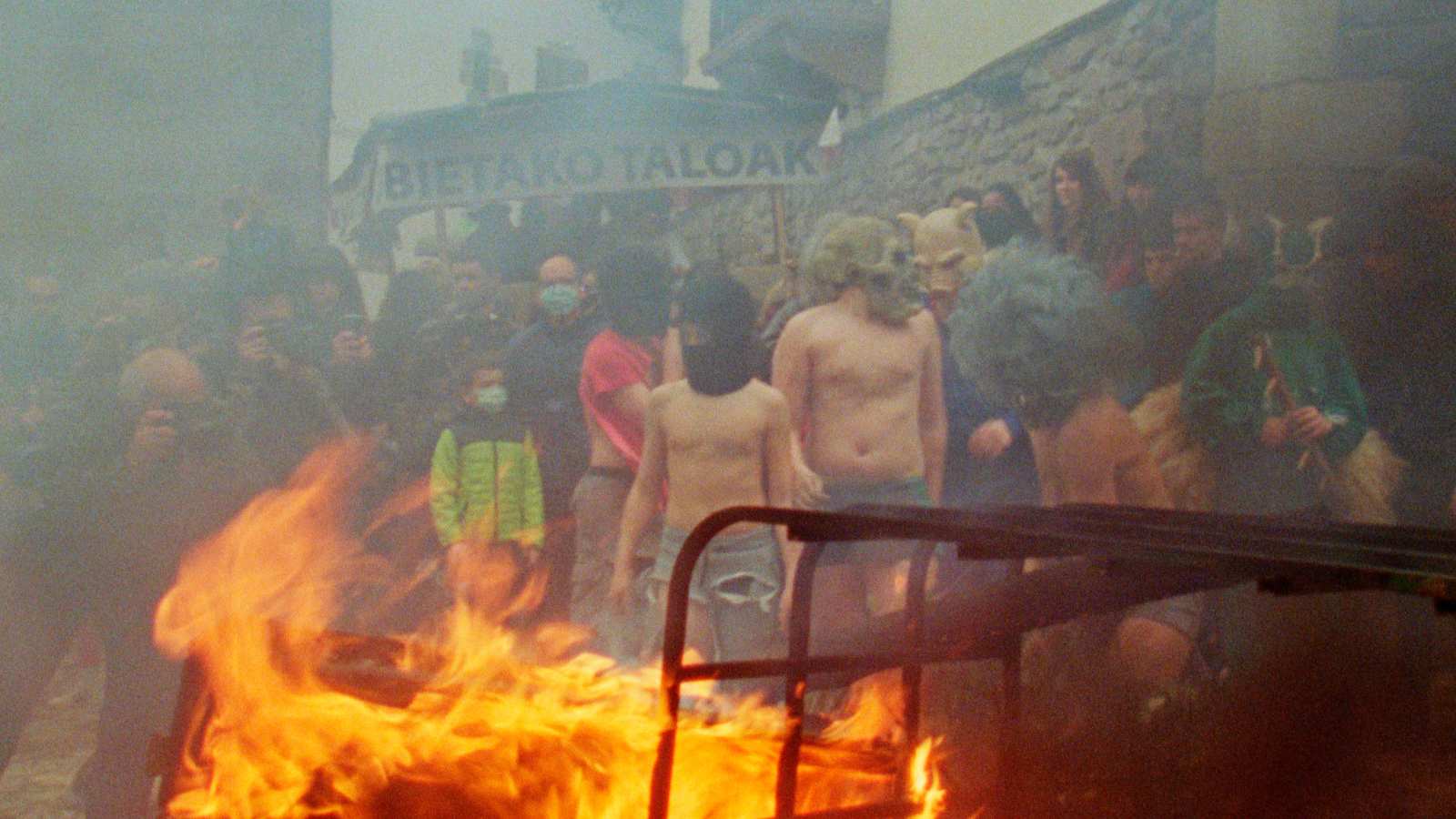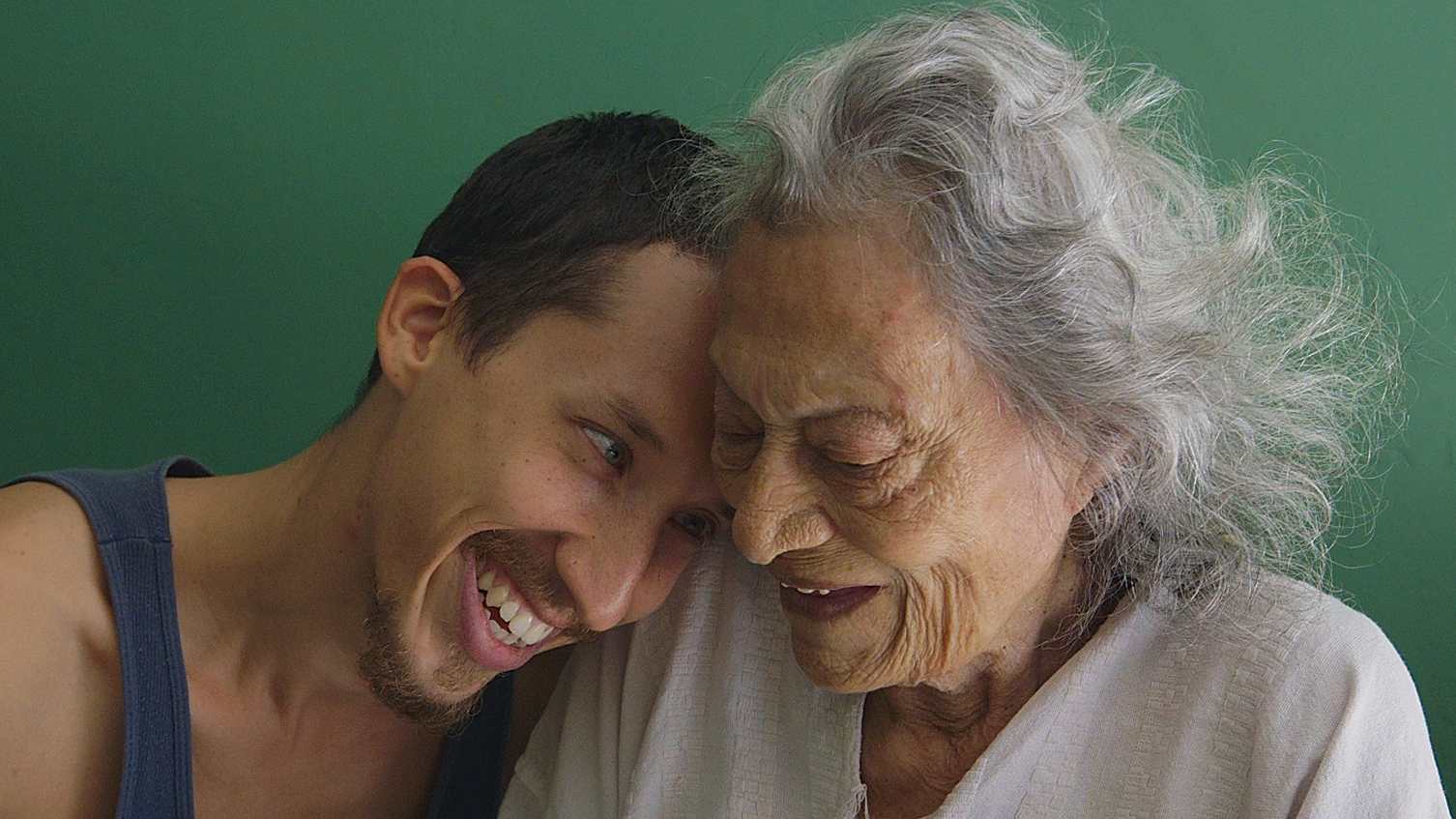
Synopsis
Ana (Geraldine Chaplin) remembers everything that has happened since her father's death, over two decades ago, when, as a nine-year-old (Ana Torrent), she believed she had the power of life and death of those she lived with.
In his first feature film with solo writing credits, Carlos Saura explores themes of family and childhood traumas, while also telling an allegorical tale of the dying years of Franco's regime. Considered one of the finest films in Spanish cinema, it tied with Éric Rohmer’s Die Marquise von O for the Grand Prix at Cannes in 1976.
Biography and Films
Carlos Saura (Huesca, 1932 - Madrid, 2023) began studying industrial engineering but then enrolled at the Instituto de Investigaciones y Experiencias Cinematográficas in Madrid, where he earned a degree in directing. He was one of the great innovators of Spanish cinema in the mid-20th century.
He made his debut with the documentary feature Cuenca (1958), quickly followed by the fiction feature Los golfos (1960). He then worked prolifically for the rest of his life, notching up over fifty films (his documentary Las paredes hablan was released only a few days before his death).
He will be remembered for films such as La caza (1966), which won awards in Berlin and marked his first collaboration with producer Elías Querejeta, with whom he would also work on titles like Peppermint frappé (1967), Ana y los lobos (1973), La prima Angélica (1974) and Cría cuervos (1976). He also ventured into the musical genre, conjuring up films such as Bodas de sangre (1981), Carmen (1983), and El amor brujo (1986). In 1990 he released ¡Ay, Carmela!, which won 13 Goya Awards. He died one day before he was due to receive an Honorary Goya Award in 2023.
Internationally, with Deprisa, deprisa (1981), he became the first Spanish director to win the Golden Bear at the Berlinale and remained the only one until Carla Simón won it with Alcarràs in 2022. He also received two Silver Bear awards for Best Director and twice won the Grand Prix at Cannes. He was nominated for an Oscar for Best Foreign Language Film three times: twice for Spain, with Mamá cumple cien años (1979) and Carmen (1983), and once for Argentina, with Tango (1985). In 2004 he received the European Film Academy Lifetime Achievement Award.
- Production Elías Querejeta Producciones Cinematográficas, Olympusat
- Distribution Vídeo Mercury Films
- Screenplay Carlos Saura
- Cinematography Teodoro Escamilla
- Editing Pablo G. del Amo
- Sound Antonio Illan, Bernardo Mens, Miguel Polo
- Cast Ana Torrent, Conchita Pérez, Mayte Sánchez, Geraldine Chaplin, Mónica Randall, Florinda Chico, Josefina Díaz, Germán Cobos, Héctor Alterio, Mirta Miller
- Contact [email protected]
-
Festivals
Cannes Film Festival 1976 (Grand Prix)
Related films


